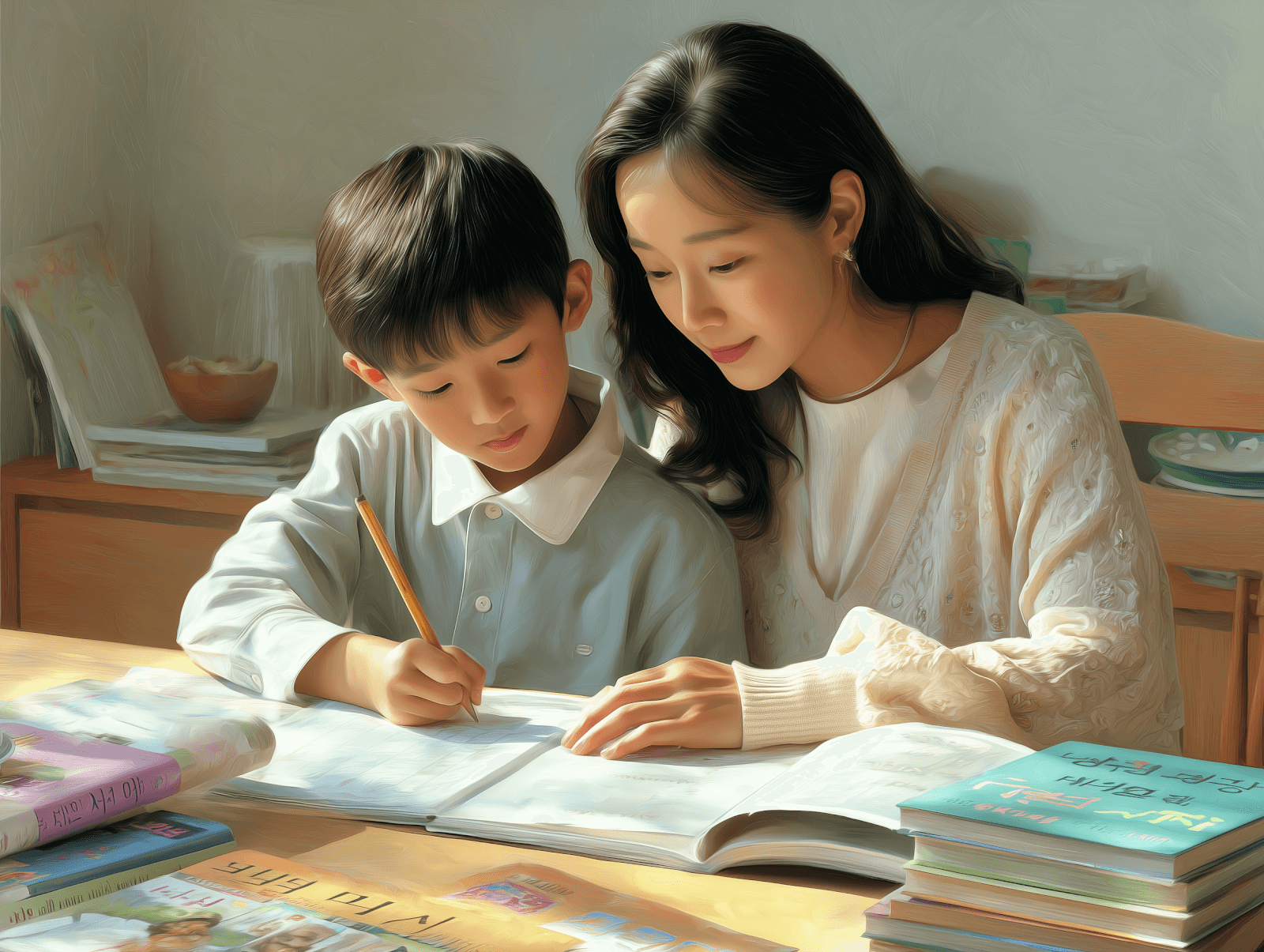The term tiger mom has gained widespread attention over the past decade, often sparking debate about strict parenting practices and their effects on children’s development. Understanding tiger mom meaning involves examining the expectations, methods, and outcomes associated with this parenting style. Tiger parents, popularized by Amy Chua’s book Battle Hymn of the Tiger Mother, emphasize discipline, hard work, and academic achievement, often pushing children to reach high levels of success.
The Origins of Tiger Parenting
Tiger parenting, rooted in Chinese parenting traditions, represents a strict approach to raising children. Parents who follow this style often prioritize education, achievements, and self discipline, believing that rigorous guidance will prepare children for future success. Tiger parents maintain high expectations and may impose stringent rules around school, extracurricular activities, and personal conduct.
Amy Chua’s Battle Hymn of the Tiger Mother brought this parenting style into the mainstream, illustrating how tiger moms encourage children to strive for excellence while setting clear boundaries. Although the approach has supporters, it also attracts criticism for being overly controlling and potentially affecting children’s mental health.
Characteristics of Tiger Moms
Tiger moms typically share several defining characteristics:
- Strict Rules and Expectations: Children are expected to meet high standards in academics, music, or sports.
- Strong Focus on Success: Success is often measured by achievements, grades, and accolades.
- Intense Involvement: Parents are actively engaged in children’s daily routines, monitoring progress closely.
- Limited Tolerance for Mistakes: Errors are treated as opportunities to learn but are often accompanied by firm guidance.
- Encouragement of Hard Work: Persistence, effort, and discipline are emphasized as essential for achieving goals.
These traits contribute to children developing a sense of responsibility and a strong work ethic, although they may also experience pressure and stress as a result of parental expectations.
How Tiger Parenting Affects Children
Children raised by tiger parents often achieve remarkable success in school and extracurricular pursuits. They tend to develop skills such as self discipline, time management, and resilience. However, strict parenting can also lead to challenges, including anxiety, depression, and tension in the parent-child relationship.
The intensity of tiger parenting sometimes clashes with children’s need for autonomy. While tiger parents aim to instill confidence and competence, overly strict approaches may impact a child’s self esteem and emotional health. Parents must balance guidance with support to ensure children feel valued beyond their accomplishments.
Parentally-Defined Success
A core aspect of tiger parenting is parentally-defined success. Children are often guided toward achievements that reflect their parents’ aspirations, whether academic, musical, or athletic. While this approach can foster discipline and ambition, it may limit children’s exploration of personal interests or creative pursuits.
Parents who follow tiger parenting may encourage children to pursue activities that enhance prestige or long-term career prospects. It’s important for tiger moms and tiger parents to recognize the value of listening to children’s preferences to promote balance between parental expectations and personal fulfillment.
Positive Aspects of Tiger Parenting
Despite criticisms, tiger parenting can offer several benefits:
- Strong Academic Foundation: Children often excel in school, demonstrating knowledge and competence.
- Work Ethic Development: Tiger parents instill habits of hard work, persistence, and dedication.
- High Achievement Motivation: Children may develop a drive to succeed in various domains.
- Structured Environment: Clear rules and expectations provide a sense of order and security.
When applied thoughtfully, tiger parenting can support children in reaching goals while encouraging self discipline and resilience.
Challenges and Criticisms
Critics of tiger parenting argue that the strictness and pressure associated with this style can have negative effects:
- Emotional Stress: High expectations may increase anxiety and depression.
- Parent-Child Tension: Over-involvement and limited autonomy can strain relationships.
- Fear of Failure: Children may fear making mistakes, impacting self confidence and creativity.
- Limited Exploration: Strict focus on success may hinder pursuit of personal interests.
Awareness of these potential pitfalls is crucial for parents who want to implement tiger parenting while preserving a positive emotional environment.
Balancing Discipline and Support
Successful tiger parenting requires a balance between strictness and support. Parents can maintain high expectations while also acknowledging their child’s individuality and personal boundaries. Open communication, empathy, and flexibility help children feel understood and supported.
Incorporare momenti di incoraggiamento, lode e comprensione insieme a aspettative strutturate permette ai bambini di prosperare sia accademicamente che emotivamente. La terapia o la consulenza possono essere una risorsa utile per le famiglie che affrontano lo stress associato a stili genitoriali severi.
Il Contesto Culturale
Il genitore tigre è spesso associato alle famiglie cinesi e sino-americane, dove l'eccellenza accademica e un'educazione disciplinata sono molto apprezzate. I fattori culturali influenzano le priorità genitoriali, tra cui il rispetto per l'autorità, la reputazione familiare e il successo scolastico. Riconoscere il contesto culturale del genitore tigre aiuta a spiegare perché le mamme e i papà tigri adottano questo approccio.
Sebbene i valori culturali influenzino questo stile genitoriale, non è esclusivo di alcuna etnia particolare. Genitori di diverse origini possono adottare metodi severi o disciplinati per promuovere il successo e la resilienza nei propri figli.
Conclusione
Comprendere il significato di 'tiger mom' implica esaminare uno stile genitoriale che enfatizza la guida severa, alte aspettative e il successo accademico o extrascolastico. I genitori 'tiger' spesso danno la priorità ai risultati, all'autodisciplina e all'impegno, mantenendo al contempo confini chiari per i propri figli. Sebbene questo approccio possa portare a un successo e una resilienza notevoli, comporta anche rischi di stress, ansia e relazioni genitore-figlio tese.
Bilanciare la disciplina con il supporto emotivo, riconoscere l'individualità dei bambini e incoraggiare i confini personali sono essenziali per promuovere una relazione sana tra genitori e figli. Combinando aspettative strutturate con l'empatia, i genitori possono aiutare i bambini a prosperare mantenendo al contempo forti legami familiari.













